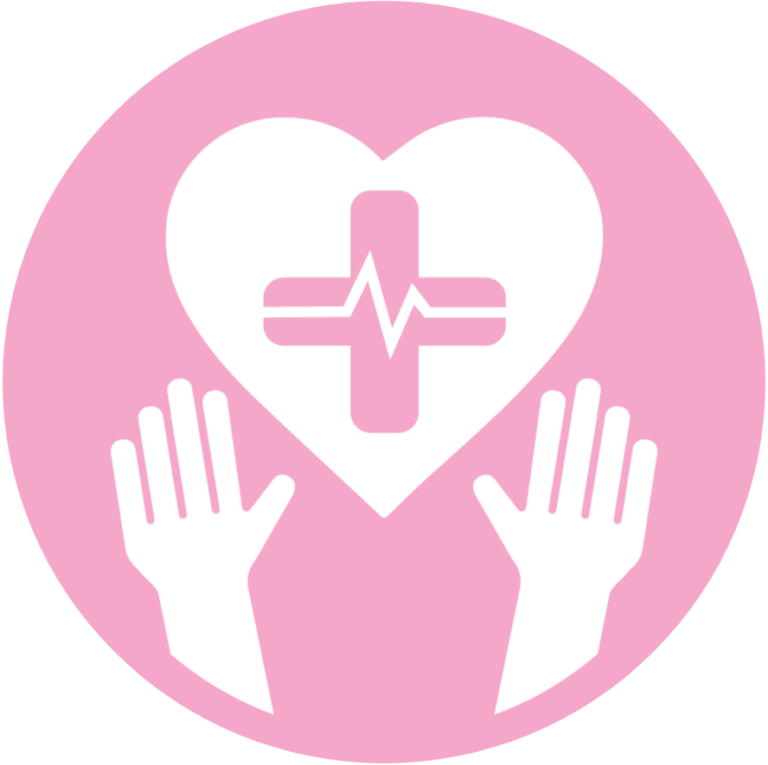From Kelsey Piper / Vox: Mobile banking in Kenya has increased economic mobility for families living in poverty. The mobile money system is not connected to bank accounts, making it accessible to the overwhelming majority of Kenyans who don’t have bank accounts but do have cell phones. Mobile banking allows deposits and withdrawals as well as transfers, and has allowed families to save money to use when their income, often from farming, takes a hit thus creating a security net for themselves and allowing them to receive funds from friends and family. Savings allow families to meet basic needs and access medical care if necessary.
Read more articles about increased economic mobility.

